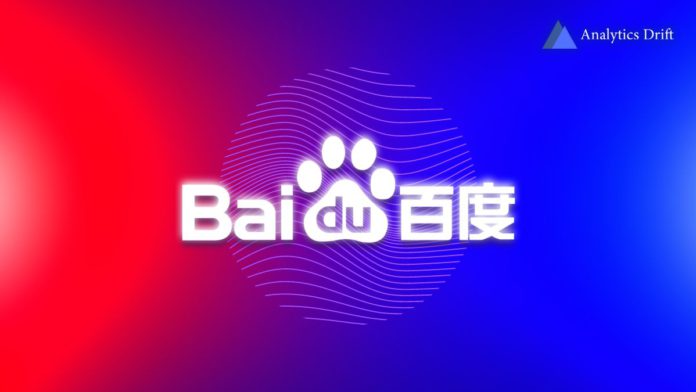On Tuesday, October 17, Chinese tech giant Baidu, at an event in Beijing, introduced the latest version of its generative artificial intelligence (AI) model, ERNIE 4.0, asserting that the chatbot’s capabilities were equivalent to Open AI’s Chat GPT 4 model.
This is not the first time the Chinese tech giants have drawn comparisons between their product and ChatGPT, as when Ernie 3.5 was released, Baidu said that the chatbot had outperformed OpenAI’s GPT 4 in various Chinese skills and had a better overall score.
According to Baidu CEO Robin Lee, the large language model (LLM) chatbot’s latest mutation has radically improved the understanding, generation, reasoning, and memory-related capabilities. Throughout the event, all four facets were displayed.
Read More: Baidu unveils plans to work in generative AI, the metaverse, and quantum computing
In the “understanding” section, ERNIE 4.0 can comprehend and respond to intricate or unstructured human queries, even deciphering concealed messages. When it comes to “generation,” the ERNIE bot can generate various content formats, such as text, images, and videos, within a matter of minutes, guided by a basic text prompt and image input.
ERNIE 4.0 solved complex geometry problems, validating its “reasoning” capabilities. The LLM chatbot’s aptitude for ‘memory” and its capacity to integrate ongoing input was displayed as it authored a short story and continuously incorporated new details while writing the story.
Baidu additionally disclosed its plans to incorporate generative AI into its products, like Baidu GBI, Baidu Wenku, Baidu Drive, Baidu Maps, etc. Robin Lee showcased how Baidu Maps currently enables users to execute tasks using Ernie through natural language queries.
The generative AI market is booming at an unprecedented level. Baidu’s recent product is another example of how generative AI is incorporated into existing products, consequently elevating the technology.


